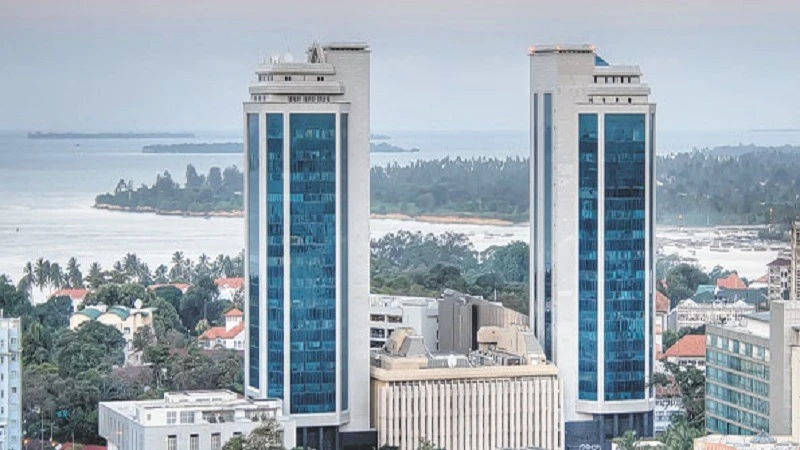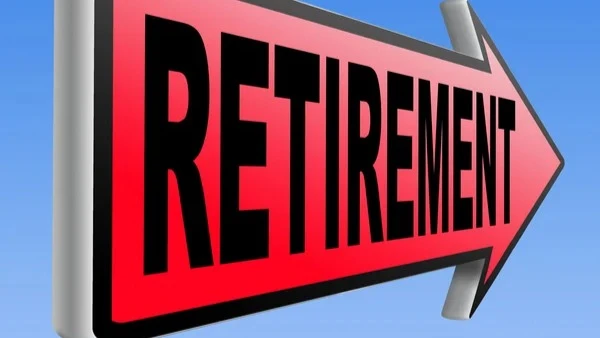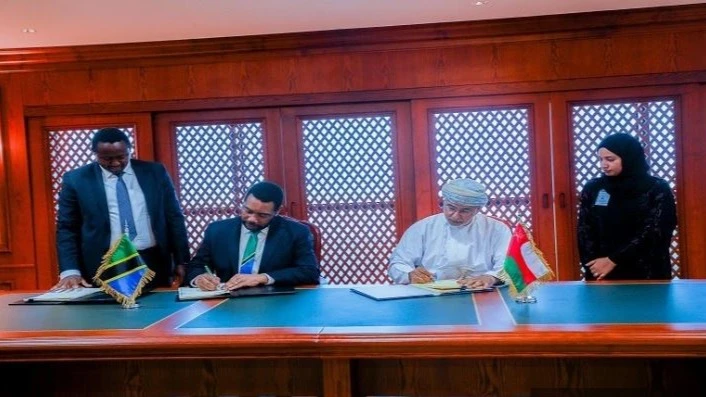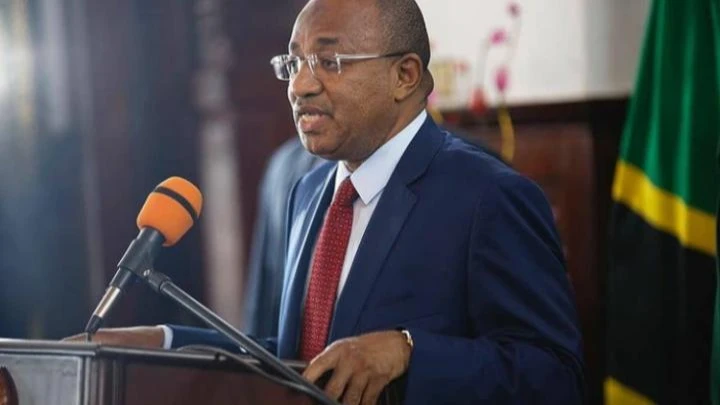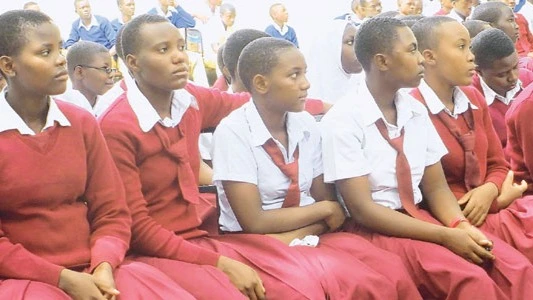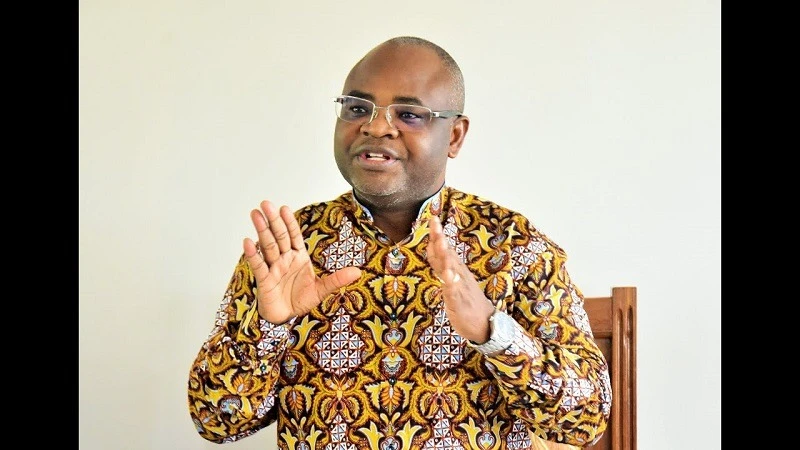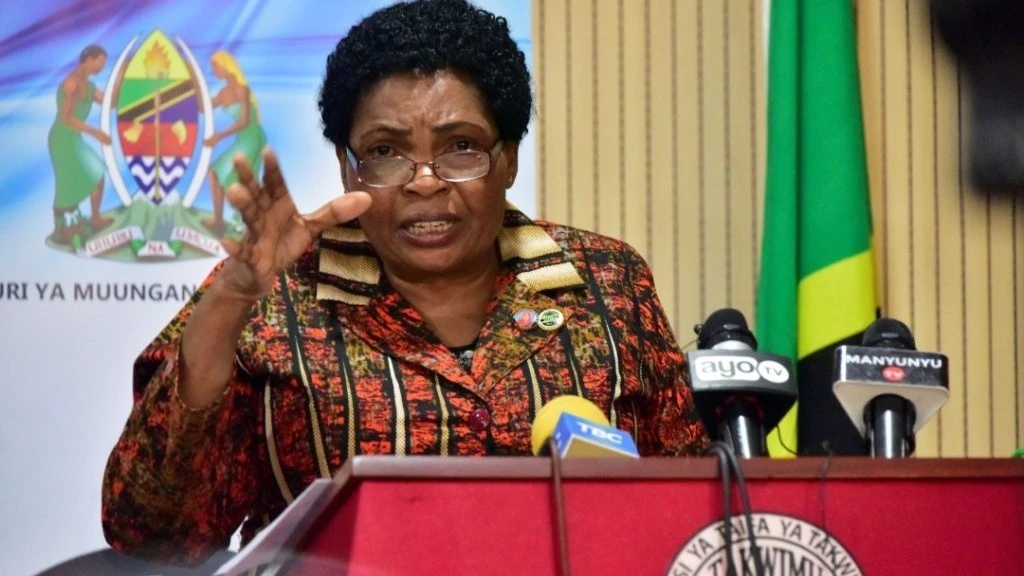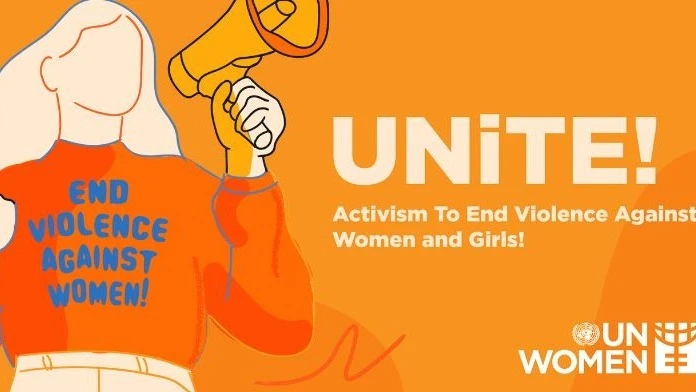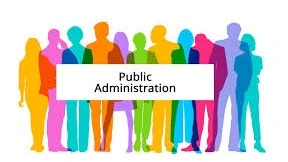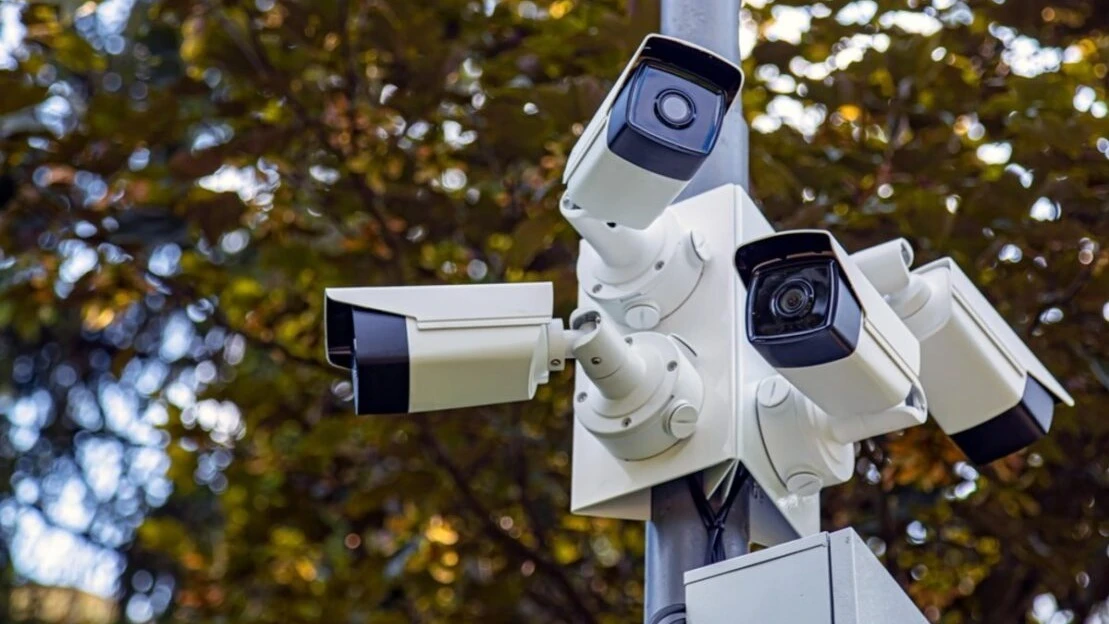Licensing big internet subsidiaries could boost competition, cut costs
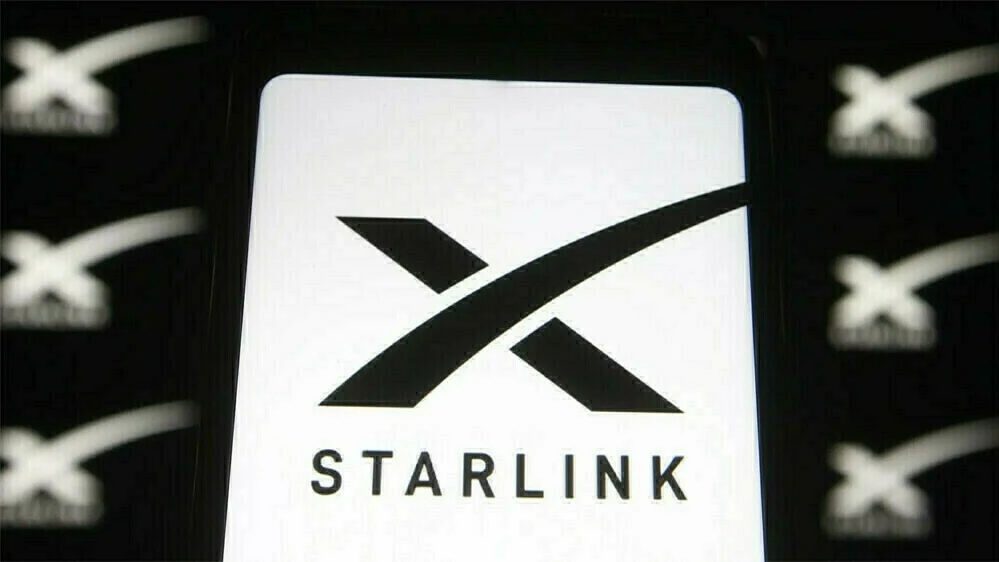
NEWS that internet services in our country are set to improve after three international companies applied for licences from the Tanzania Communications Regulatory Authority (TCRA) can be said to have come at the right time.
Noticeably, one of the firms is said to be linked to the world’s richest person, Elon Musk – an aspect raised by industry analysts in the wake of a public notice by the regulatory agency that Starlink Satellite (T) Ltd, GX Technologies Co. Ltd and the Mauritian firm Paratus (T) Ltd have submitted applications. It is the first applicant who seems to excite the public.
The notice said that the firms are applying for national network facilities and national application services licences, which suggests delivering internet as such and communication facilities housed in those networks.
Those expressions of interest don’t appear to be new, and their being taken up at the moment is significant for what is happening around the world and, additionally, what is taking place at the local level.
It would appear that what seems to be foregone as to delivering that licence is a boost for competition, what with diminished control.
What was somewhat spectacular was that the main shareholder of Starlink’s parent company is none other than Elon Musk, a member of the inner circle of incoming US president Donald Trump.
Now, Musk has a longstanding association with the hardliner republican leader. Analysts say that the firm he is linked with has in previously expressed frustration with delays in Starlink’s international rollout, as regulatory approval was too slow. Closer reading of the reposts show intense disenchantment too.
Even as TCRA set a 14-day public comment window regarding those applications, with a decision on approval expected as the consultation window closes, the timing and the tone of the announcement are sufficiently indicative of ‘giving back the bird its nest’.
That may not be directly admitted but the regulator or power corridors may have felt the wind blowing in a different direction, presumably feeling ill-prepared to explain why the licensing is taking curiously long to materialise.
This could affect wider expectations, as what a country or top-level adviser feels on particular issues can easily impact bilateral links.
While the notice aired the standard sentiments of the regulator for the past few years, it doesn’t appear that it will stick to this frame of reference, in stressing the importance of ensuring that Starlink operations align with local regulations on data security and internet governance.
Chances are that the company expects our regulatory precepts to basically relate to global conventions in that regard.
This would limit auxiliary requirements to a minimum and, recalling how the law has often been altered, an accord would prove difficult to strike. Reference is now being made to making use of its presence, unlocking new economic opportunities.
One can only expect that this turns out not just to be the case but in a big way, as some analysts contend that the new internet firms may help to enhance access to education and spur innovation.
They point to the rural areas where ensuring reliable connectivity has often been a daunting challenge, though it is well known that the regulator has in between been talking of one or two firms being tasked with spreading internet in schools, etc.
Now it will become clearer if this was a developmental pursuit if it is uneconomical or, alternatively, a monopoly quest.
Top Headlines
© 2024 IPPMEDIA.COM. ALL RIGHTS RESERVED






